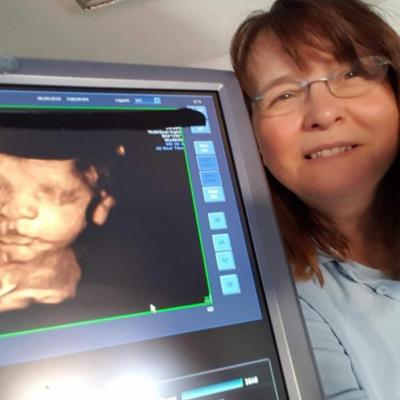Gynaecologist
About specialty
Female reproductive system diseases, prevention and treatment
When to see a gynaecologist?
Your first gynaecological consultation should take place after your first period or before you start your sexual activity. Gynaecologist will examine you and decide on the best contraception for you. If you experience any pain, concerning symptoms or you’re pregnant you should make an appointment with your gynaecologist as soon as possible.
Indications for gynaecological consultation
- too early or too late puberty
- lack of puberty symptoms
- painful, heavy or irregular periods
- bleeding between periods, irregular bleeding or lack of menstrual bleeding
- vaginal discharge, itchiness, burning or dryness
- abdominal pain on intercourse/ after intercourse pain
- breast pain, nipple shape change, lumps
- increased waste line without any obvious reason
- problems with getting pregnant
- pregnancy symptoms
Consultation
During the consultation gynaecologist will perform numerous examinations. Very important is to receive a thorough medical history of the patient and her family and to note every symptom she experiences. You will also be asked about periods, sexual activity, contraception, and regular screenings such as smear test and breast scan/ examination. After the conversation doctor will examine the patient to check the external and internal reproductive organs and to rule out any pathologies.
Possible gynaecological tests and examination
During your consultation, depending on the arrangement between you and the doctor, the following examinations may be carried out:
- pelvic examination (vaginal examination) – visually checking external genital organs, assessing internal genital organs using speculum (to check vagina and cervix condition) and checking the location, size and condition of uterus, ovaries and fallopian tubes through manual examination.
- transvaginal ultrasound scan - this type of scan provides a detailed scan of the uterus and ovaries, as we are able to use a high frequency vaginal probe which improves the image quality.
- transabdominal ultrasound scan – similar as the scan described above, but the probe is applied to the abdomen. Usually used for pregnancy assessment.
- breasts examination – by ultrasound scan or/and manual examination to detect possible lesions.
The above examinations (except the transabdominal ultrasound scan) are classified as intimate examinations. All patients are entitled to have a chaperone present for any consultation, examination or procedure.



